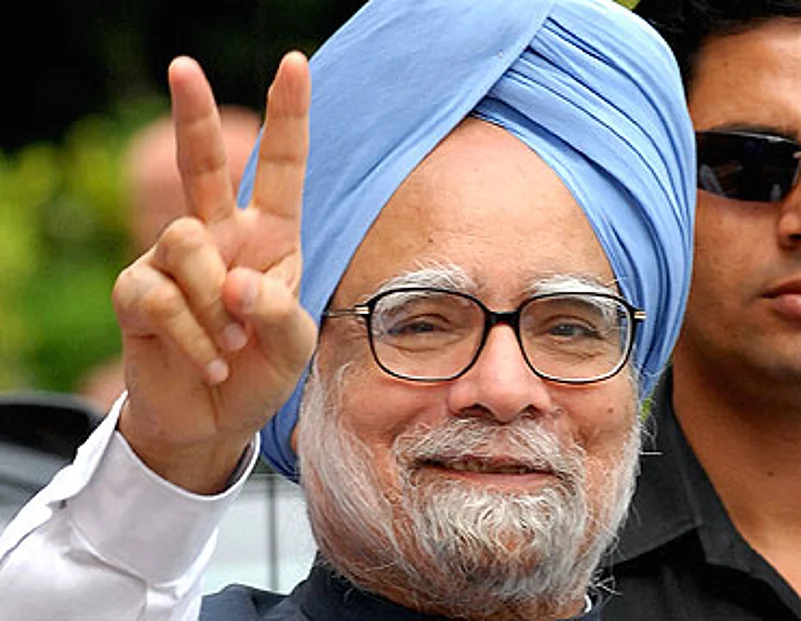
Should Congress fail to pass the deal in the September session, a lame-duck session could later grant approval. A session designated thus occurs when one Congress meets after its successor has been elected, but before the successor's term begins. Presently, any meeting of Congress after election day (on November 4 this year), but before January 3, is considered a lame-duck session, and typically lasts between two and three weeks. Getting its name from the lame-duck lawmakers who return to Congress but have lost their re-elections or are retiring, these sessions take place in even-numbered years to take care of unfinished legislation. (Every two years the HoR and one-third of the Senate are elected; every fourth year these as well as the president are.) Recent lame-duck sessions have usually tackled appropriations matters and the budget.
The appropriations bills haven't been passed this year but Congress is expected to approve in the September session a "continuing resolution", which carries forward the current budgetary provisions till the successor Congress meets, thus eliminating the need for a lame-duck session. Congressional leaders, including Reid and House Speaker Nancy Pelosi, have expressed their reluctance to return for a lame-duck session. A final decision must be made before the September session ends.
The moot question is: who can call for a lame-duck session? Wallis says, "While Congress is in recess or sine die adjournment, the president could call it into extraordinary session at a date after the election." However, he adds, "No lame-duck session since 1935 has occurred by these means." Congressional sources say the Bush administration hasn't yet sounded out lawmakers about calling a lame-duck session on the N-deal.
A lame-duck session can take up the nuclear agreement. For, past sessions have dealt with international crises, such as the Chinese entrance into the Korean conflict in 1950-51. Congress has held 15 lame-duck sessions from 1940 to 2004, says Wallis, adding that only six of these occurred at the end of a president's term of office. Citing bipartisan support for the N-deal, Heritage Foundation's analyst Lisa Curtis says, "It is within the realm of possibility that the (congressional) leadership could change its mind and call a lame-duck session for the deal."
But Sharon Squassoni, an analyst at Carnegie Endowment for International Peace, thinks the N-agreement doesn't warrant a lame-duck session. "There would need to be other reasons," she insists. Similarly, the second congressional source asks, "Will they ask members of Congress to come back for a lame-duck session just for the nuclear deal? I don't think so. The Indian Parliament certainly wouldn't do that." Reid's spokesman, Manley, says, "We're on record supporting this agreement but we can't discuss timelines now because the deal isn't yet before us."
Wisner, too, is circumspect about convening a lame-duck session. "The political pendulum could swing after the elections, regardless of the popularity of the nuclear deal, which is why we believe the best time to pass it is September." Robert Hathaway, of the Woodrow Wilson International Center for Scholars, points to another problem: the deal just "doesn't have a resonance in the American body politic". This could have bolstered the political will to push the deal through Congress in its dying months.
Squassoni describes the Bush administration's rush to get the N-deal approved as "unwise" and "foolhardy". "There isn't enough time for this deal to clear Congress," she says. "Since the Hyde Act, there is new information to process: the 123 Agreement itself, India's safeguards agreement, and, potentially, an NSG decision. All these need to be carefully assessed." Squassoni thinks that with bipartisan support already there, it could even be left to the next Congress to take up the N-deal.
But then, 2009 is the election year in India. Without the deal Prime Minister Manmohan Singh could find himself deprived of the issue he considers potent enough to woo the electorate.





















